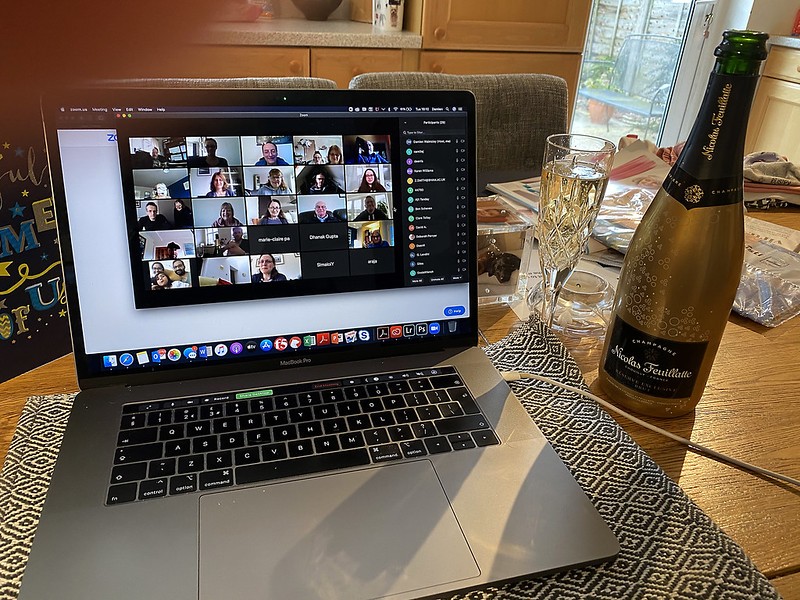21 May 2025
How to keep your remote agents motivated
Words by Sylvia Mattl
Reading time 3 min

Words by Sylvia Mattl
Reading time 3 min

95% of our team works from home and we have been working this way for over 15 years, where we truly understand what it is really like to build a work from home strategy with a huge focus on quality.

You could say we were the original pioneer of Work From Home and remote quality standards. In this webinar, we are going to offer some of our experience in how to ensure you deliver quality service using a remote working business model. It’s easy to watch quality suffer, especially if you are rushing into work from home because of the crisis. Join me with our Chief Customer Officer, Rob van Herpen, and Derek Corcoran, CEO of Scorebuddy – registration details are at the end of this article.
I’m the Lead Quality Assurance (QA) Analyst at 5CA, so it’s my role to focus every day on quality. I’d like to share a few ideas with you here on keeping remote agents motivated.
Focusing on agent motivation is one of the most important ways you can guarantee quality interactions with customers. If your agents are sitting there watching the second-hand sweep round, just waiting for the end of their shift, then you can guarantee that they are not delivering a great customer experience (CX) to the customers they interact with. Engaged and motivated agents lead to great customer experience.
One of the big problems that many of the large customer service specialists are about to discover is that you cannot just ask a team of agents to work from home and then expect it to work well overnight. It’s easy enough to get the laptops and the networks up and running, but if the team is used to working together in person in a contact center, then you need to dramatically change how they are managed – or you will just create a network of employees who feel isolated from the team.
There are three key areas you need to manage. Agent recognition, community, and communication. Your agents may be scattered across a wide area, but you need to help them function as a team.
Communication: we are transparent when it comes to our quality process, giving the agents an opportunity to ask questions about QA and be clear in our expectations – this creates trust.
with a remote team, there are no conversations by the water cooler or in the elevator. It is important to communicate far more than you would with a team, based together in a contact center. Direct and inform the team and then allow them the space to do their job. Empathy and trust is far more important in remote management.
Kudos: you must have a system of recognition that allows you to congratulate team members for doing a great job. We call ours ‘kudos’ and it allows team leads to give agents a pat on the back in a public way – the entire team can see who is doing well. This is an equilibrium to the quality process that usually focuses on improvement areas. There is also a monetary reward linked to the kudos system.
Monthly events: if you want your team to work together well then they need to get along, socialization remains important even for a remote team. Virtual happy hours have been in the news a lot recently as people have been making Zoom calls and enjoying a drink with remote friends. This is something we have been doing for years. Building a great work from home team isn’t news for us, it’s business as usual.

These are the basic community-building actions you need to take to raise agent engagement. You can apply other process-driven actions to help improve quality, but if your agents are not engaged then processes and rules will not achieve much.
We will talk about all these areas, and more, in our webinar Pioneering Contact Center Quality Working Remotely on April 22nd between 17:30 – 18:30 CEST. This webinar is a collaboration between 5CA and @Scorebuddy.
Register here: https://bit.ly/3btCxkw